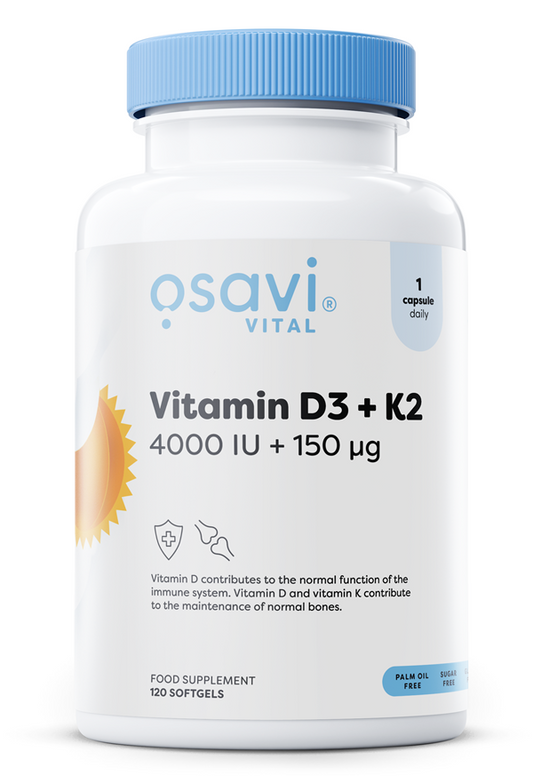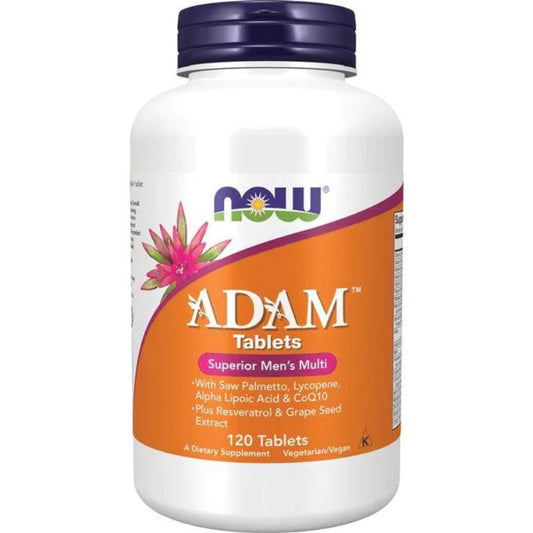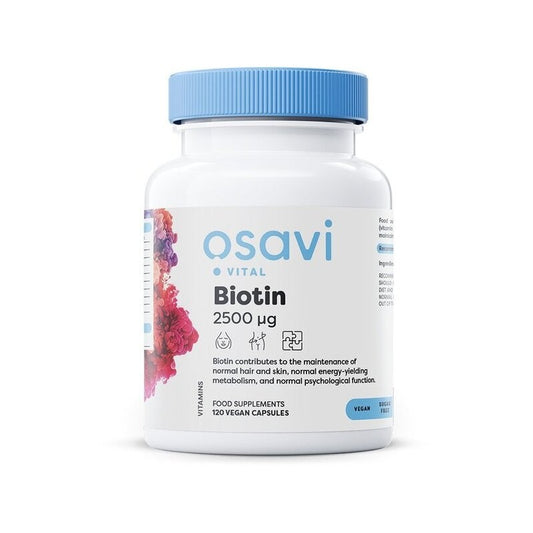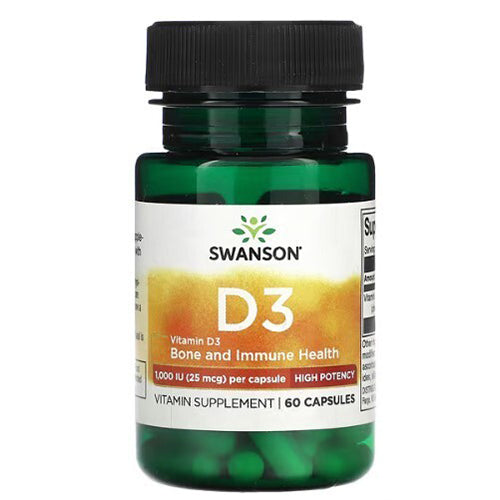
Dizziness and Lightheadedness: Causes, Symptoms, and Nutritional Support
Jakub SkibaFeeling dizzy, lightheaded, or off balance can be unsettling and even frightening, especially when it happens without an obvious cause. You might wake up in the middle of the day with a spinning sensation, feel unsteady when standing, or notice your head feels “floaty” or unusually heavy. While occasional dizziness is common, frequent or persistent episodes may indicate that your body is signaling for support. Even when you sleep well, eat a balanced diet, and exercise regularly, factors like hydration, blood sugar swings, nutrient deficiencies, and stress can subtly affect your balance and overall energy. The good news is that many of these causes can be addressed naturally through lifestyle adjustments and nutritional support. Simple changes such as staying properly hydrated, consuming a balanced diet rich in minerals and vitamins, and incorporating stress-relief practices can improve your stability, focus, and energy levels. Nutrients like iron, vitamin B12, magnesium, vitamin D, and calcium play a key role in maintaining nerve function, oxygen delivery, and muscle coordination—helping your body stay grounded and alert. By understanding the underlying causes and providing your body with what it needs, you can take proactive steps toward reducing episodes of dizziness and supporting overall equilibrium.
Symptoms of Dizziness and Lightheadedness
-
Spinning or swaying sensation
-
Feeling faint or like you might pass out
-
Unsteady walking or loss of balance
-
Nausea or upset stomach
-
Blurred vision or difficulty focusing
-
Fatigue or mental fog
-
Headache
Recognizing these symptoms early can help you identify triggers and take steps to prevent them from worsening.
Common Causes of Dizziness and Lightheadedness
1. Low Fluids or Electrolytes
Dehydration or low blood pressure reduces blood flow to the brain, causing dizziness—especially when standing quickly.
Tips:
Drink sufficient water daily. Replenish electrolytes (sodium, potassium, magnesium) after sweating or illness. Stand up slowly to prevent lightheadedness.
Key Nutrients:
Sodium & Potassium support fluid balance and blood pressure. Magnesium promotes nerve and muscle function.
2. Iron Deficiency
Iron is vital for oxygen transport. Low levels can leave your brain under-oxygenated, causing dizziness, fatigue, and brain fog.
Signs:
Feeling weak or cold, pale skin, shortness of breath during light activity
Sources: Red meat, spinach, legumes, tofu, fortified cereals. Supplements may help if needed—consult a doctor first.
3. Vitamin B12 Deficiency
B12 supports nervous system and red blood cell health. Low levels can lead to nerve misfires and balance issues.
At Risk: Vegans, vegetarians, older adults, digestive disorders.
Sources: Eggs, dairy, meat, fish, fortified plant milks. Sublingual B12 may improve absorption.
4. Vitamin D & Calcium Imbalance
Vitamin D aids calcium absorption and supports muscle and nerve function. Deficiency can impair coordination and balance.
Tips:
Spend 10–30 minutes in the sun regularly. Eat salmon, eggs, fortified foods. Consider supplementation during winter or low sunlight exposure.
5. Blood Sugar Fluctuations
Skipping meals or consuming high-sugar foods can cause energy crashes and dizziness.
Tips:
Eat regular meals with protein and healthy fats. Avoid sugar spikes from processed snacks or drinks. Support metabolism with B-complex vitamins.
6. Stress and Anxiety
Mental stress can cause shallow breathing and heightened body awareness, contributing to dizziness.
Strategies:
Deep breathing, mindfulness, or meditation. Journaling or short outdoor walks. Breaks from screens and high-demand tasks.
Helpful Nutrients:
L-theanine (green tea), Magnesium, Adaptogens like ashwagandha or rhodiola.
Lifestyle Tips to Reduce Dizziness
-
Stay hydrated and include electrolyte-rich foods or drinks
-
Maintain balanced blood sugar with regular meals and snacks
-
Get enough sleep to support nerve and brain function
-
Incorporate daily movement to improve circulation
-
Practice stress-reduction techniques such as meditation, yoga, or deep breathing
-
Stand up slowly from sitting or lying positions to prevent sudden drops in blood pressure
-
Limit alcohol and caffeine if they contribute to dehydration or sleep disruption










